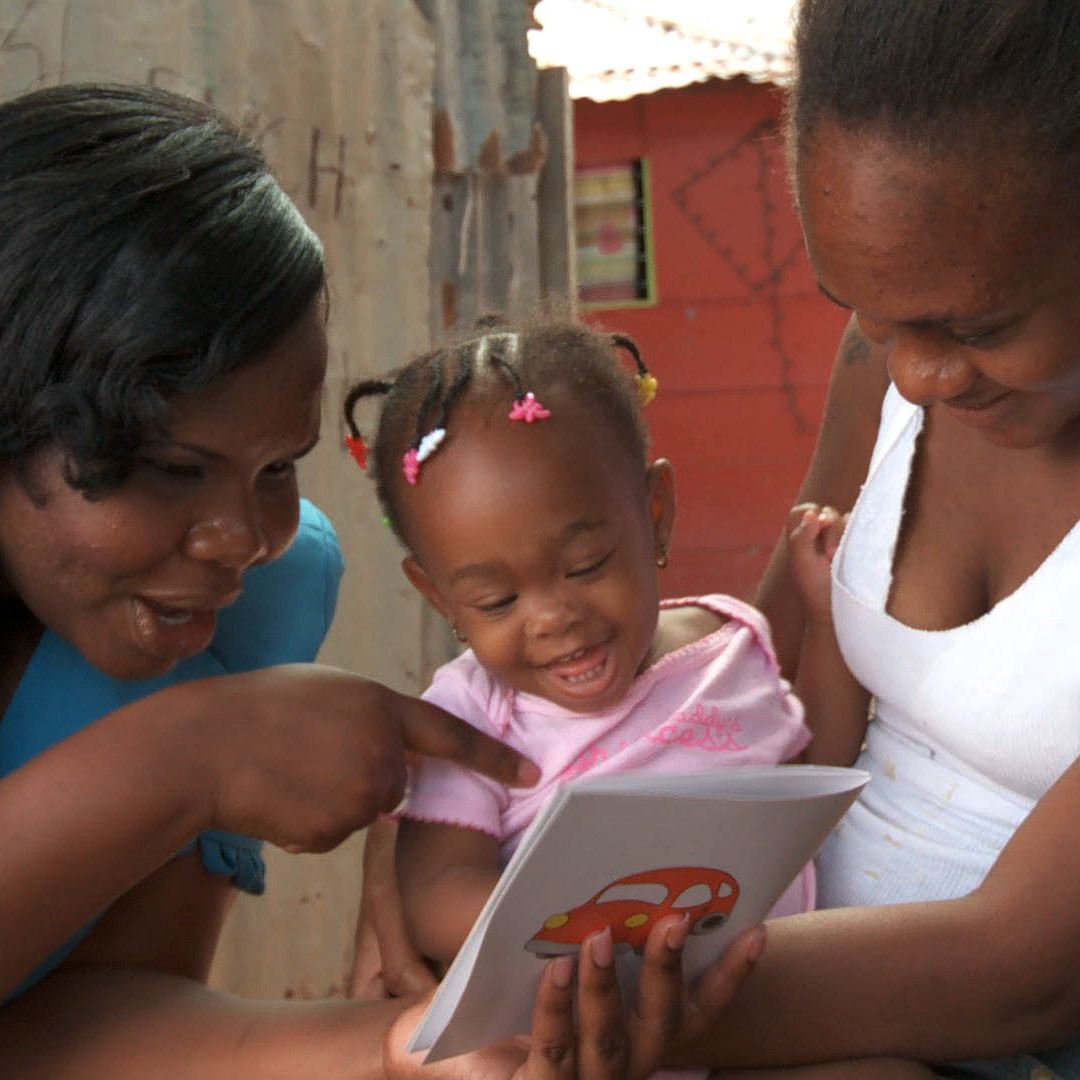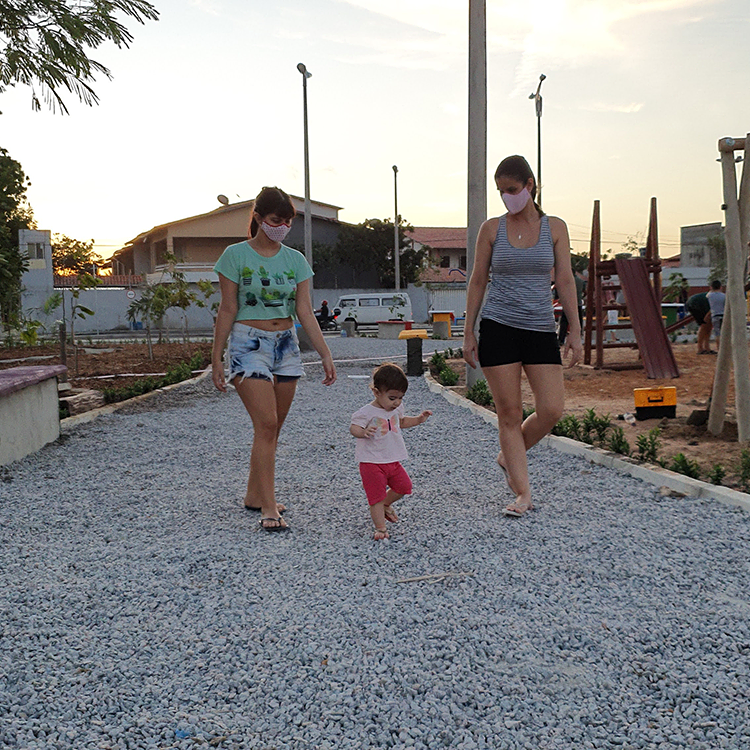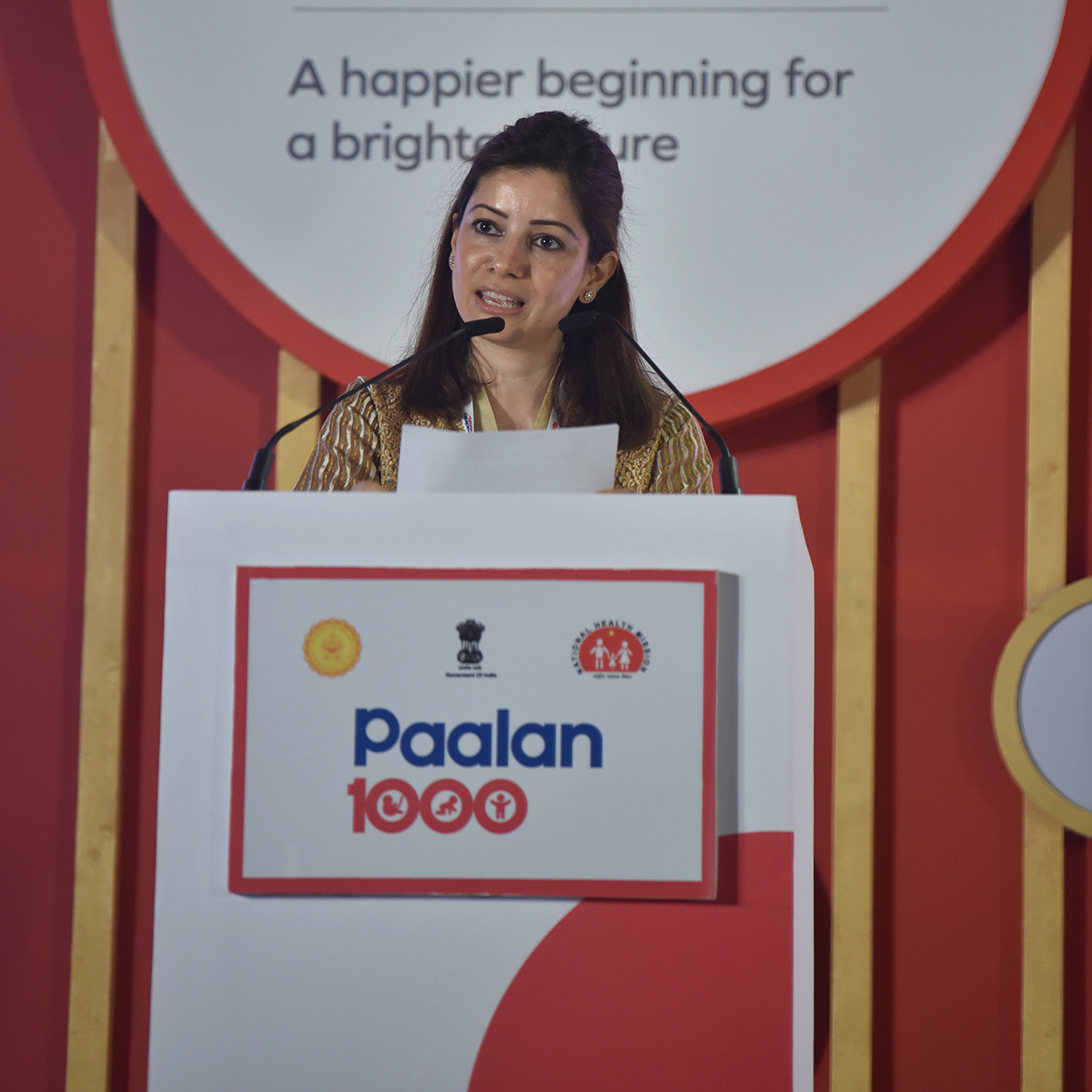There has been substantial progress in universal primary education since the Millennium Development Goals (MDGs) were established in 2000. Globally, the numbers of children entering primary school are increasing.
At the same time, millions of these children are reaching primary school without the learning and social abilities needed to fully benefit from this opportunity. This early disadvantage, particularly compared with more affluent peers, leads to increasing disparities and can contribute to dropping out from school. These disparities can keep children in a cycle of poverty.
With the establishment of the Sustainable Development Goals (SDGs) this September — the successor to the MDGs — it is time to scale up our efforts. Policymakers and international donors must take the steps needed to enable all children to reach their full potential
Engaging parents and families in early learning is key
Engaging parents and families in early learning is key
A central strategy for promoting equity is ensuring that children receive the interaction and experiences needed to support their early development — most of which takes place before children enter primary school.
So far, preschool provision has expanded somewhat, although access and quality still varies greatly by social class. However, reaching children before preschool still remains a difficult challenge. At this early age, it is parents and families who are the most important providers of the interaction and learning opportunities that young children need.
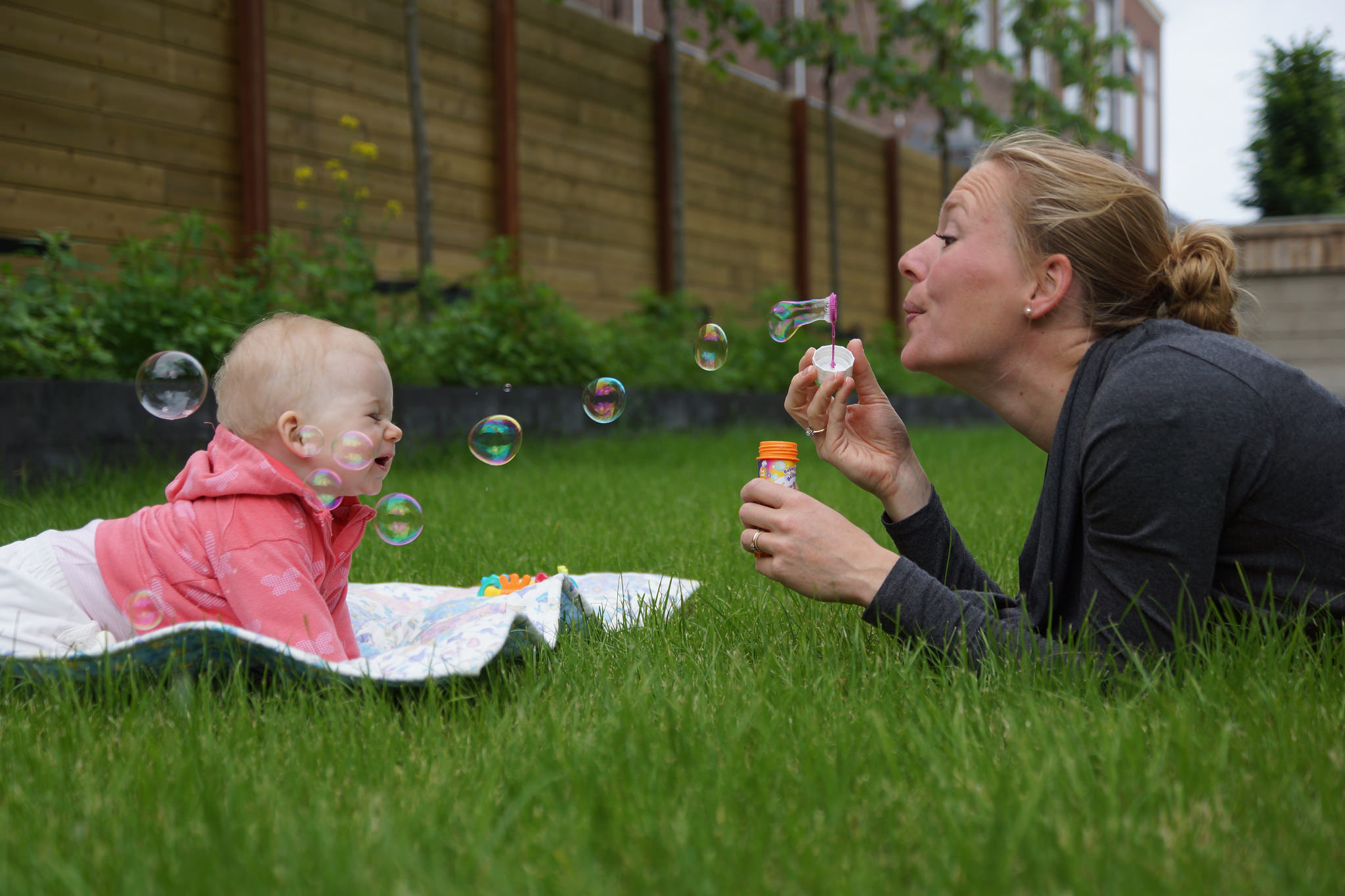
Supporting parents to play with their children: The Jamaica home visiting program
Supporting parents to play with their children: The Jamaica home visiting program
Effective strategies exist to help parents, many of whom may have missed opportunities themselves, to promote their children’s development.
One well-known example is the Jamaica home visiting program. This program, started in the 1970s, works with mothers to promote their children’s development. Program staff visit mothers at home to demonstrate and help them practice new parenting activities and skills, making sure to listen to the mothers, build on their strengths and engage in positive feedback and praise for the achievements of both mother and child.
An extensive evidence base demonstrates the program’s effectiveness. Adults whose mothers had participated in the program show improved educational outcomes, reduced rates of violence and increased earnings.* The evidence makes it clear that helping mothers to interact with their children is an essential part of breaking the cycle of poverty.
Even better, the program is both feasible and adaptable. Successful home visits can be delivered by community workers with primary-level education, using low-cost play materials made from commonly available items. Visits can be made weekly or fortnightly. The curriculum and play materials can be adapted to reflect strong local child-rearing practices, culturally relevant games, activities and songs, and locally available resources.
The Jamaica home visiting program has been replicated in Bangladesh and Colombia. It has also been used in the design of programs being implemented in Madagascar, India and Peru.
A more detailed discussion of the program can be found in the June 2015 issue of Early Childhood Matters.
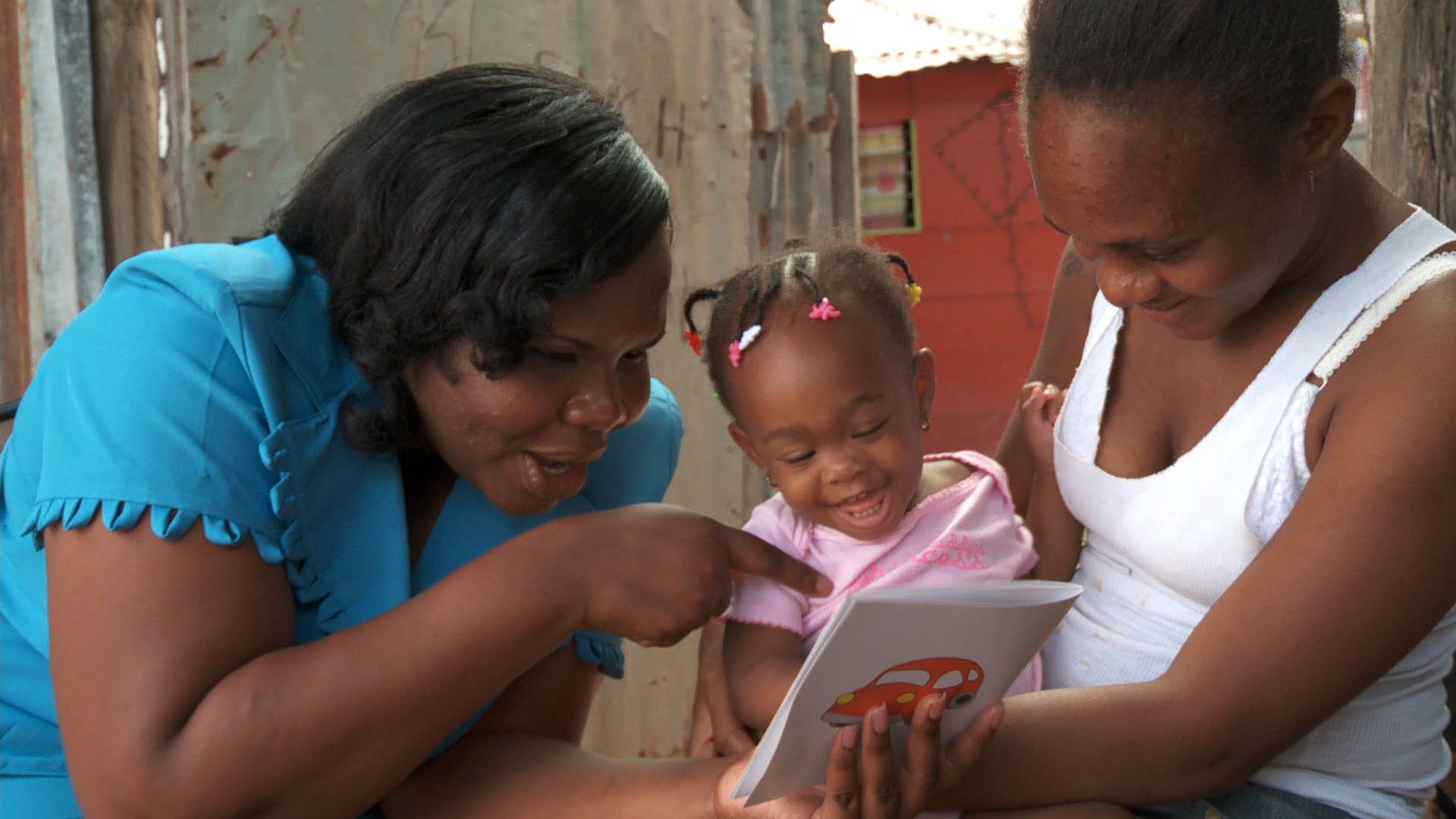
Adapting the Jamaica home visiting program around the world: Reach Up
To enable policymakers and implementing agencies all over the world to draw on the learnings from Jamaica home visiting program and train others to adapt and deliver the program in their own communities, we have developed a training package called Reach Up: An Early Childhood Parenting Program.
The Reach Up package includes the curriculum, an implementer’s manual for preparing for and adapting the program, a supervisor’s manual, a community worker training manual with demonstration videos, and a toy-making manual.
Let’s break the cycle of poverty together
Children’s development must receive the attention it deserves, beginning from birth. This requires the child development community to provide clear guidance on effective parenting programs and how they can be delivered at scale, as well as continued advocacy at local, national and global levels to convince senior policymakers to implement policies that ensure all children can reach their full potential. It is the key we have in our hands to unleash the potential of children and thereby to better the future of countries and their economies. Let’s make it work!
* Information on the long-term evaluation, including a video and an interview with one of the community workers in Jamaica, can be found on the World Bank’s website at “The Power of Play.” A more detailed discussion of the program can be found in the June 2015 issue of Early Childhood Matters.
Blog author: Susan Walker, PhD, Professor of Nutrition and Director of Tropical Medicine Research Institute, Epidemiology Research Unit, The University of the West Indies
